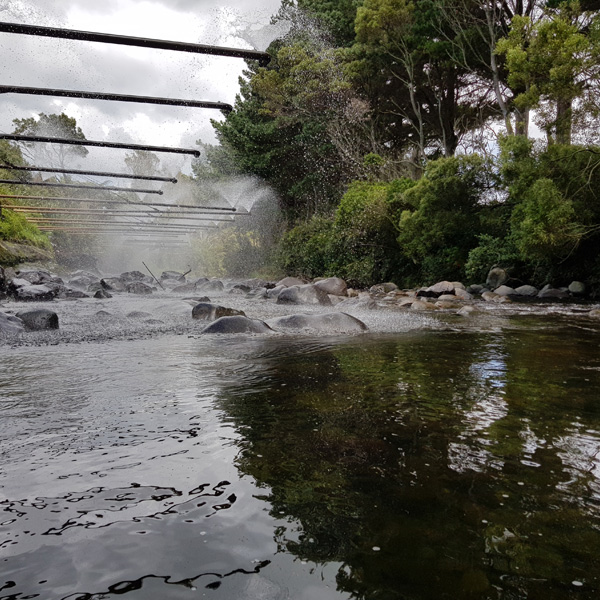Plan changes and protected wetlands: Securing consent for a large scale housing development
At a glance...
Oyster Capital Limited needed consent to unlock large areas of rural land in South Auckland. The process raised two key ecology issues. 1) Its zoning and 2) wetland protection. We were engaged to find a solution.
We worked closely with the client, a consultant team, and stakeholders to prepare a robust assessment of effects which helped to successfully secure a zone change and resource consent.
Overview
Oyster Capital Limited wanted to develop some desperately needed residential housing on land south of Auckland. As part of a larger project that also involved commercial construction, this development had been fast-tracked by the New Zealand government, and is considered to be of significant economic value to the country. But the land was not zoned for this type of development, and there were protected wetlands on the property. They needed experienced ecologists to find an innovative solution and secure resource consent.
The ask
“Auckland is bursting at the seams, so there’s been a real push in the last five to ten years to unlock land around its fringes and allow housing development.”
Richard Montgomerie | Managing Director of Ecological Solutions
Oyster Capital wanted to build homes in South Auckland, on land that wasn’t yet zoned for residential development. They needed a team of experienced ecologists to help them with a plan change application. Unlocking this project wouldn’t just mean securing value for the client, but important revenue generation for the wider area.
“This project was fast-tracked through the government’s post-COVID recovery scheme. It was considered to offer significant economic benefits to New Zealand. Ecology plays a significant role in these types of projects today. We needed to find a solution that would allow work to go ahead while protecting the ecological values of the area at the same time.”
The scale of this project also introduced a huge array of stakeholders, some of whom were reluctant to greenlight the project on ecological grounds.
“It wasn’t a universally popular project at first. Outside of the client, there was some reluctance to go ahead and partly on environmental grounds. So, we really had our work cut out.”
Why us?
“We had been involved in other successful plan change processes in Auckland and in the Waikato, so we had a reputation for being able to support these large scale projects with plenty of moving parts and stakeholders. As a result, we were identified by the client as a key part of their broader consultant team.”
Plan changes can be complex, time-consuming processes with a lot of economic value at stake.
Our solution
“There were four wetlands on the property. Following changes to the National Policy Statement for Freshwater management in 2020, wetland loss is prohibited. This created a significant challenge for the project.
We needed to collaborate with a range of other consultants including engineers, hydrologists, and landscape architects to find a viable solution that meant work could still go ahead. We also needed to satisfy the stakeholders that were less keen on the development, communicating in a comprehensive, timely manner.”
We were engaged at multiple touchpoints in the plan change process.
This began with ecological surveys, and continued with liaison with the council and presenting evidence at a hearing.
“We began with an assessment of effects. This consisted of classifying the water courses and wetlands, conducting ecological surveys and assessing the ecological value of the site, and the effects that development is likely to have on those values.
Once this was submitted, we handled further requests for extra information from the Environmental Protection Authority and Auckland Council. Finally, we attended a hearing and presented expert evidence in front of a panel.”

The results
“The Plan Change and earthworks resource consent was approved. We prepared a robust assessment of effects, in collaboration with a huge range of other consultants, which had successfully secured the consent.”
This development was part of a much larger project, with other parcels of land around it also pegged for housing.
If all goes to plan, Drury will receive a huge injection of new housing and a flourishing new town centre, opening up exciting opportunities for Kiwis in and around the area.
“As a result of this collaboration, a substantial amount of urban infrastructure and development can go ahead which Auckland which it desperately needs.”
